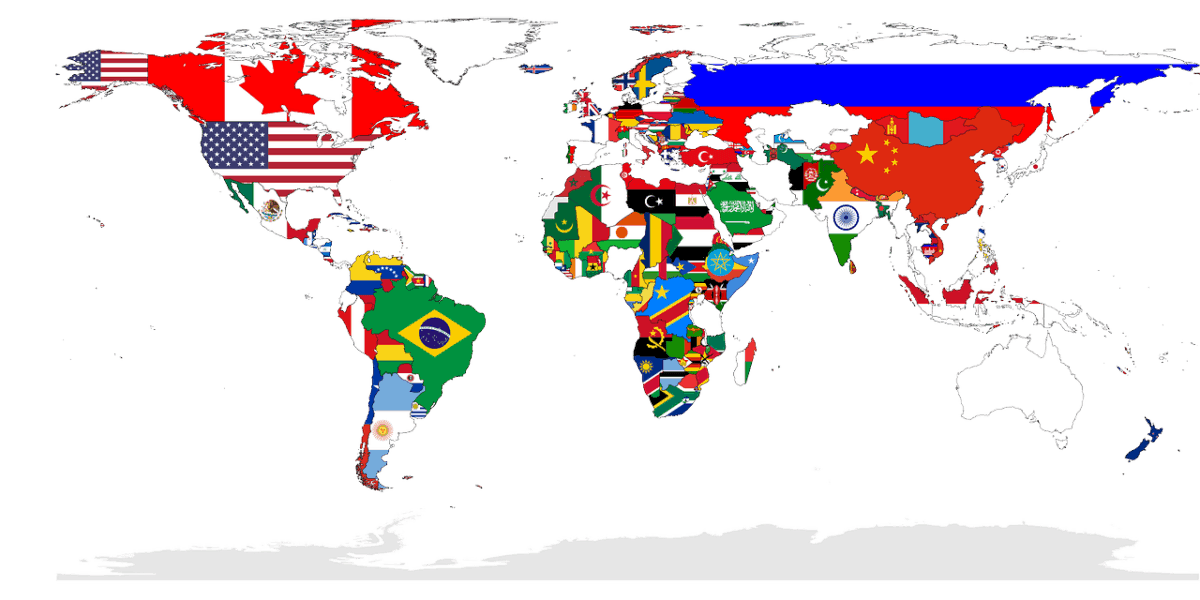Prepositions are words or groups of words we use before a noun, pronoun, or noun phrase to show time, direction, place or location, spatial relationships, or to introduce an object. Prepositions examples include words like “on,” “in,” “at,” and “to,” but which do we use to refer to a website? The correct usage is “on …
School
“Happen” is a regular, much-used verb that most English students will discover early in their language journey. It is an active, intransitive verb, and knowing how to use it in all its tenses is important for fluency. When asking what has occurred in the past, we say, “What happened?” If we were to ask what …
While globalization has brought various challenges to nations or countries since the 1990s, the bonds of common culture, values, and family remain strong in many such nations. We often use the terms “country” and “nation” interchangeably, but have you ever wondered what the difference between a country and a nation is? The expressions “country” and …
Beginnings are amazing. They mark the start of new chapters, new ideas, new relationships, and new challenges. But as you turn that metaphorical (or physical) page, should you say “at the beginning” or “in the beginning?” “At the beginning” should be used to reference the start of a time period or to reference specific placement …
When speaking or writing in English, subtle differences in phrasing and word choice can make your language appear fluent and accomplished — or it can demonstrate that you don’t have a grasp of English grammar. The correct phrase to use is usually “I am at home.” when you’re speaking about being in your house or …
If you’ve recently watched a commercial or two in the US, you’ve likely heard that a promoted product is beneficial for your skin, your health, or perhaps your waning energy levels – but is it beneficial “to,” or is it beneficial “for”? The difference between “beneficial to” and “beneficial for” lies in the preposition that …






